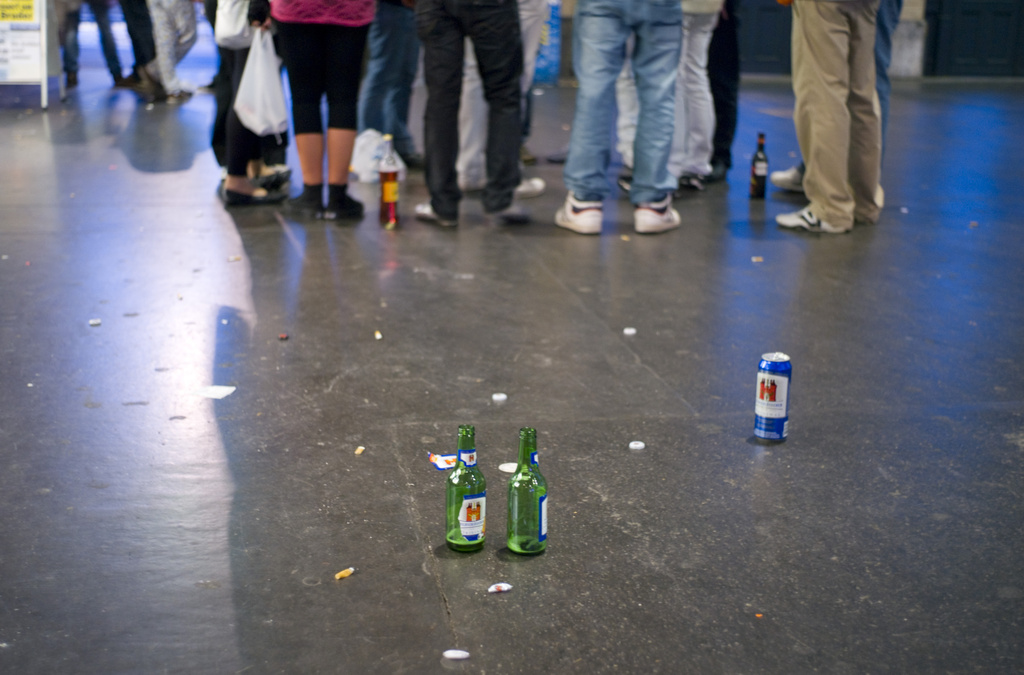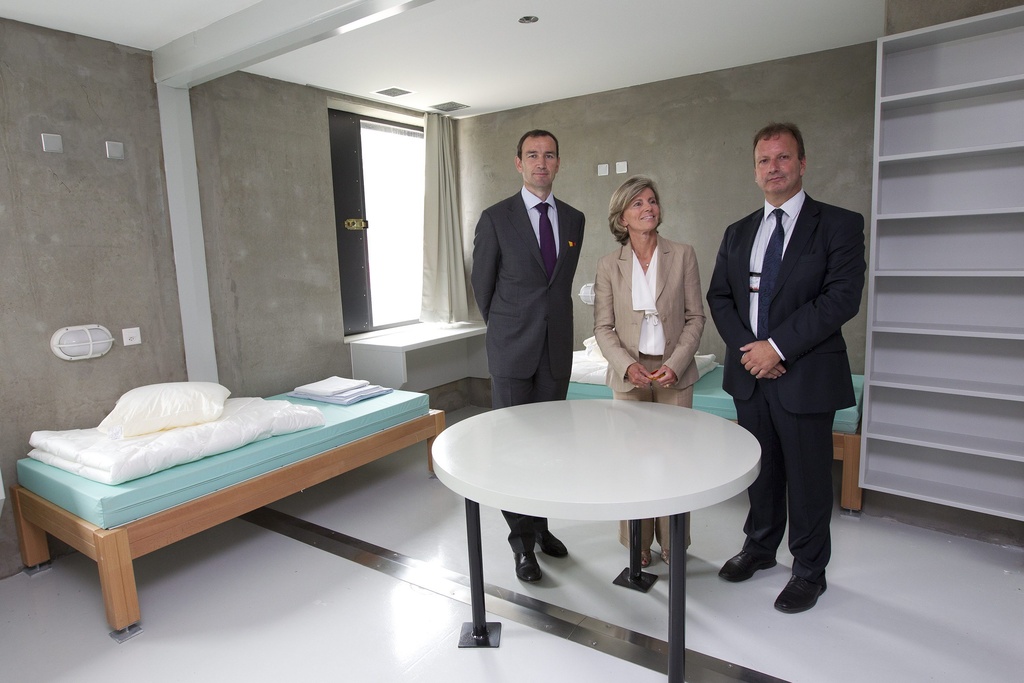Switzerland loses “safest country” accolade

Once seen as the safest country in Europe, Switzerland has succumbed to the continent’s average levels of street violence, burglaries and assault.
A report presented by the cantonal justice and police directors on Tuesday showed a rise in criminal activity since 2004, when the last major study on crimes was carried out.
“Although Switzerland had the lowest crime rate [in Europe] in 1988, today’s crime rate is to a large extent aligning itself with the percentages in the rest of Europe,” said a statement by the cross-cantonal police body.
“The myth that Switzerland is the safest country in the world, or at least Europe, is over. Forget it,” added the criminologist in charge of the report, Martin Killias.
The report looked at a representative 2,000 Swiss who were polled between 2006-2010. Over ten per cent of respondents said they had been the victim of assaults or threatening behaviour, compared with 7.2 per cent in 2004. Most incidents happened in public and had become more serious over the years.
The number of people burgled also rose in that time, from 5.1 to 7.1 per cent. Robberies were also up, but stayed below the European average. Bike theft leapt, although car break-ins and motorbike theft was down, probably because of better security measures.
Sexual assaults against women fell slightly compared with 2004 and were under the European average.
Pierre Nidegger, president of the Conference of Cantonal Justice and Police Directors, said the results would be reviewed to improve policing strategies, but added: “In this 24-hour society police cannot be in two places at once.” It’s a view shared by the chairman of the police commission.
Despite the rising crime rates, the report found that most people (73.9 per cent) – and women in particular – had confidence in the police.
Nightlife
The rise in street violence was probably due to Swiss nightlife picking up, according to Killias, a Zurich University criminology professor.
Killias, who is also standing in parliamentary elections in October, said the violence and crime trend was inevitable considering the increasing number of people on the streets at night, drinking alcohol and using night trains and buses.
This was backed up in a recent study by the Swiss Council for Accident Prevention which found that cases of violence in public spaces had multiplied in 15 years, particularly among men aged 15-24.
The organisation said 30 young men in 1,000 were badly injured through violence in 2009 – a three-fold rise on the figure in 1995. In women the number of incidents doubled in the same time. Overall, 82 per cent of accident insurance claims resulted from violence happening in public spaces.
According to the council, the authorities had not yet developed an adequate response to the problem.
A target for gangs
Meanwhile, the rise in robberies could be a result of the increased value of stolen goods such as gold, as well as a boom in organised gang crime, Killias noted.
More gangs were targeting Switzerland, he said, in part because of the light penal sentences handed down by Swiss courts – this a result of the “problematic revision” of the law in recent years to address serious overcrowding in Swiss prisons.
A burglar is very unlikely to go to jail if arrested, Killias explained. It has led to a “trivialisation of violence”, he said.
“If I was a member of a gang in Lyon [in France] I would certainly target Geneva,” he added.
To reverse the trends, he recommends handing down harsher penalties and improved compensation for victims.
The national victims’ survey has been carried out around every five years since the mid-1980s.
It is commissioned by the Conference of Cantonal Justice and Police Directors, which coordinates policing across Switzerland’s 26 cantons.
The study was carried out between 2006-2010 and questioned 2,000 people.
The study showed differences across some cantons. Neuchâtel for example found its citizens were less worried about safety than the average Swiss but had a greater fear of being burgled.
Bern experienced more assaults, threatening behaviour and burglaries in recent years – above the national average but similar to other major cities like Zurich.
Zurich had above average break-ins but residents in the canton felt relatively safe.
(With input from Renat Künzi)

In compliance with the JTI standards
More: SWI swissinfo.ch certified by the Journalism Trust Initiative












You can find an overview of ongoing debates with our journalists here . Please join us!
If you want to start a conversation about a topic raised in this article or want to report factual errors, email us at english@swissinfo.ch.